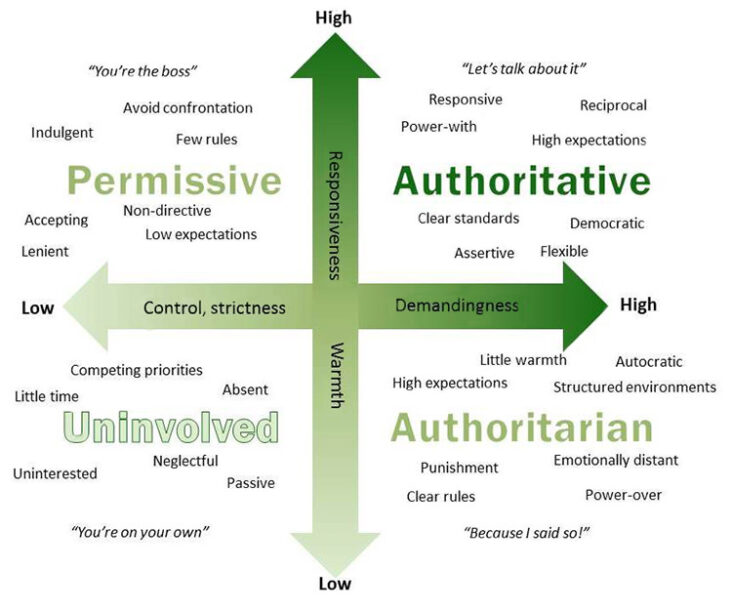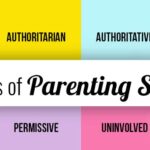Are you curious about the potential connections between parenting styles and Autism? In our latest article, we delve into the question: “Does Your Parenting Approach Contribute to Autism?” This exploration provides an in-depth analysis of various parenting methods and their potential impact on Autism spectrum disorders. Join us as we unravel the myths, examine the research, and shed light on this complex topic. Whether you’re a parent, caregiver, or professional in the field, this article will offer valuable insights into Autism and parenting.
“Understanding the Complex Factors that Contribute to Autism”
The causes of Autism Spectrum Disorder (ASD) are complex and multifaceted, with a blend of genetic, environmental, and possibly behavioral factors playing key roles. While the exact triggers remain elusive, research suggests that certain genes associated with autism may be activated by environmental influences. It’s crucial, however, to dispel the myth that parenting styles can cause ASD. Autism is not a result of neglectful or overly permissive parenting. Instead, it’s a neurodevelopmental condition that usually manifests in early childhood. Parenting can influence the child’s coping mechanisms and skills development but doesn’t cause autism.
“The Role of Parenting Style in Autism: Separating Fact from Fiction”
In examining the influence of parenting style on autism, it’s crucial to distinguish between fact and fiction. While research highlights the impact of environmental factors on autism development, it’s a gross misrepresentation to suggest that parenting styles directly cause autism. Autism is primarily a genetic disorder, with environmental influences playing a secondary role. So, while certain parenting approaches may potentially exacerbate pre-existing symptoms, they’re not the root cause. Understanding this distinction is key for eliminating parent-blame and fostering a more empathetic, informed perspective on autism. This post aims to debunk misconceptions, clarify the role of parenting in autism, and highlight the importance of supportive, understanding parenting approaches.
“Does Parenting Influence Autism Spectrum Disorder? A Scientific Perspective”
![]()
The influence of parenting on Autism Spectrum Disorder (ASD) has been a topic of extensive scientific research. Some may wonder, “Does my parenting style contribute to my child’s autism?” However, current scientific evidence strongly indicates that autism is primarily a genetic and neurological condition. While environmental factors can play a role, these typically refer to prenatal and early life exposures, not parenting styles or practices. It’s vital to dispel misconceptions, as blaming parents for a child’s autism can lead to unnecessary guilt and stress. Remember – supportive and understanding parenting can significantly enhance the life of a child with ASD.
“Exploring the Link Between Parenting Practices and Autism”
In the quest to understand Autism Spectrum Disorder (ASD), the role of parenting practices often surfaces. The question arises whether certain parenting behaviors contribute to the development of ASD in children. However, a wealth of research indicates that autism is primarily a genetic or neurodevelopmental disorder, not caused by particular parenting styles. Still, it’s imperative to investigate how various parenting methods may affect children with predisposed autism traits. A more nuanced understanding of this relationship could lead to more effective intervention strategies for children showing early signs of ASD. Remember, insightful parenting approaches can potentially enhance the quality of life for children on the spectrum.
“Debunking Myths: Can Parenting Cause Autism?”

In the realm of child development, there are numerous myths and misconceptions, one of which is the belief that certain parenting styles may cause Autism Spectrum Disorder (ASD). It’s crucial to debunk this misconception and affirm that no credible scientific evidence supports this claim. Autism is primarily a genetic disorder, influenced by a combination of numerous genes and possibly environmental factors, but not parenting. Misinformation can cause unnecessary guilt and anxiety among parents, hence it’s crucial to understand the facts. Parenting doesn’t cause autism; rather, effective parenting approaches can help manage ASD symptoms and support the child’s development.




